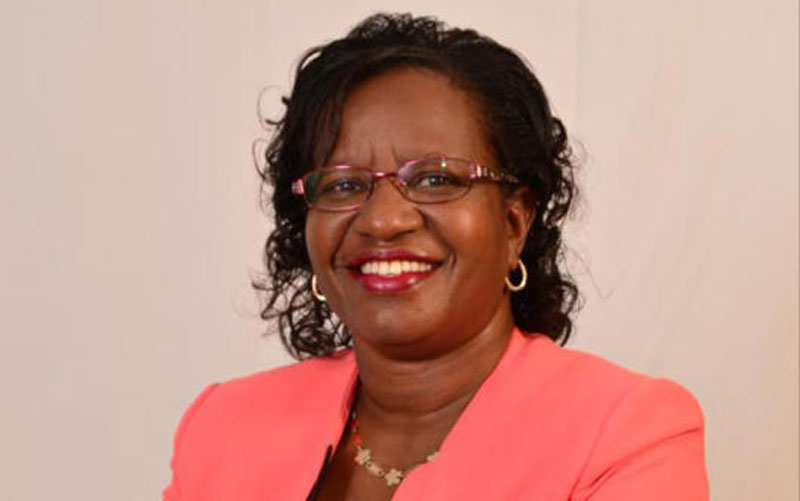×
The Standard e-Paper
Stay Informed, Even Offline

Director of Administration & Marketing Margaret Waithaka [File]
When Career Guidance Institute was started a couple of years ago, a poll conducted seeking to understand one, what they required most, and two, their competency levels, showed the following; that out of over 200 participants 80 per cent said they would like to get professional training and equipped with necessary career guidance tools. Over 70 per cent who had been offering career guidance said they do not feel competent enough while offering this service.